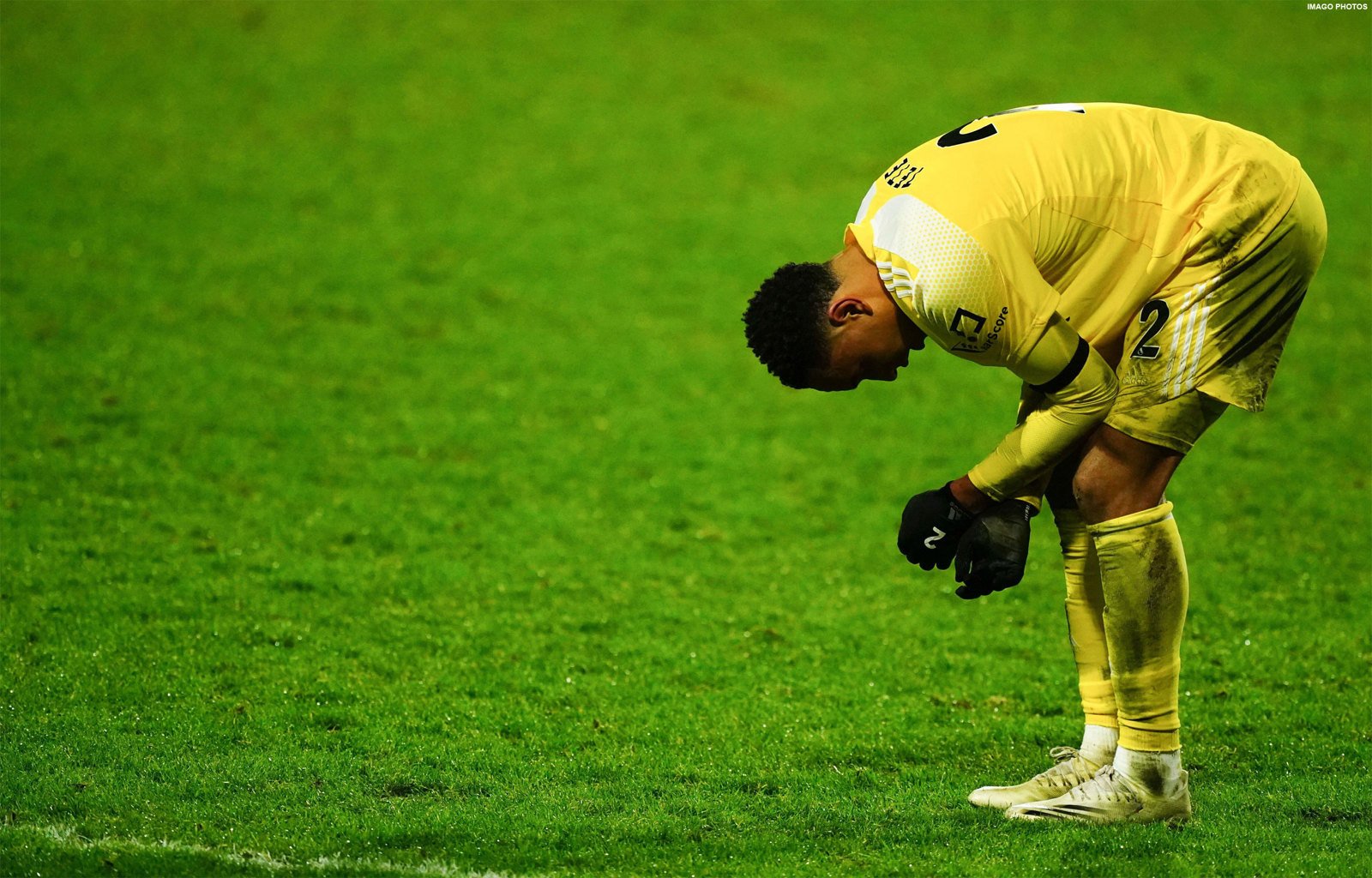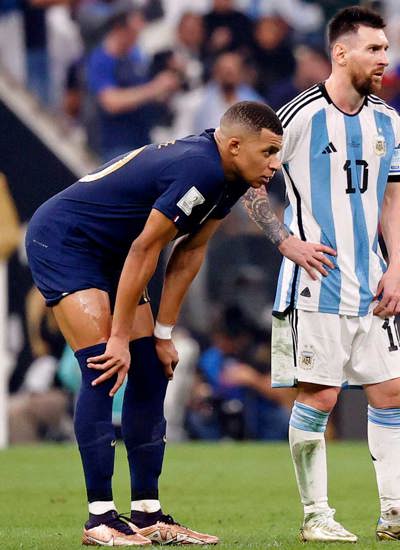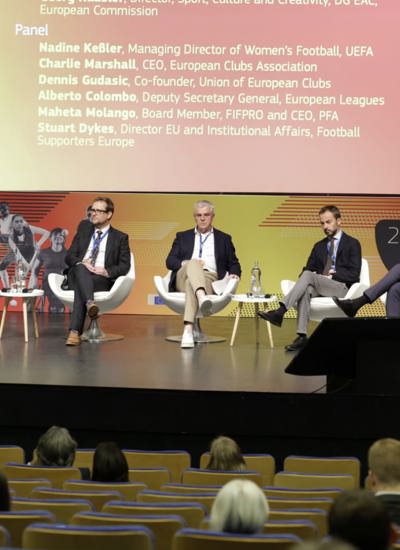
With some playing up to 82 percent of games with less than the recommended five days of rest, according to a new FIFPO report in cooperation with KPMG Football Benchmark.
The report ‘Player workload & recovery during the emergency calendar’ provides a scientific mid-season analysis on player workload and match scheduling, covering a representative group of 265 male footballers from 43 domestic leagues across six confederations and including club and national team matches.
The report data is sourced from the FIFPRO Player Workload Monitoring (PWM) platform that was also launched today – the open digital platform provides extensive data about the playing time, travel and recovery periods of a representative sample of footballers.
The report reveals that during the rearranged “emergency” period, between May 1, 2020 and January 31, 2021, players who compete mostly in domestic competitions saw their average number of appearances with less than five days of recovery rise to 42 percent, a 10.7 percent increase compared to before the pandemic.
For those who regularly play in international competitions the amount of matches in this critical zone, in which injuries are more commonly sustained (*), rose on average almost two percent to 52 percent.
Increase in back-to-back matches in critical zone
Internazionale Milano goalkeeper Samir Handanovic played in just 18 percent of matches with at least five days of recovery time, the report found. Lazio’s Francesco Acerbi and Manchester United’s Harry Maguire, respectively, played 80 percent and 73 percent of matches in the critical zone.
AC Milan’s Franck Kessié, Manchester United’s Paul Pogba and Tottenham Hotspur’s Harry Kane were among players who had the most intense workload, with an average rest time of barely four days.
In Africa, Ali Maâloul (Al-Ahly, Egypt) played 64 percent of his matches with less than five days of recovery time. In the Americas, Johan Venegas (Deportivo Saprissa, Costa Rica) and Germán Cano (Vasco da Gama, Brazil) participated in 62 percent of their games in this critical zone for injuries. In Asia, it was 53 percent of matches for Tomoaki Makino (Urawa Red Diamonds, Japan).
Disappearance of off-season breaks and re-training
Ever-tighter schedules between competitions are leaving players under pressure. 23 percent of players had less than two weeks of interval between seasons. Niklas Süle (Bayern Munich) and Kylian Mbappé (Paris Saint-Germain), respectively, had 11 and 13 days between the season-ending UEFA Champions League final and a new round of UEFA National League matches. Players of Al-Ahly in Egypt had eight days between the AFC Champions League finals and the start of their domestic season.
The current structure creates an ongoing cycle of competitions that is denying players sufficient rest and recovery up until the 2022 FIFA World Cup due to exceptional shifts in competition formats and overlapping calendars.
“This report is the latest stark warning that the health of players is being put at risk by the density of match schedules”
— by Jonas Baer-Hoffmann, General Secretary FIFPRO
FIFPRO General Secretary Jonas Baer-Hoffmann said: “This report is the latest stark warning that the health of players is being put at risk by the density of match schedules. The frequency of back-to-back matches without proper recovery time was already a problem before the pandemic. During the COVID-19 emergency period this issue has extended and intensified across the men’s game. Along with the lack of season breaks due to overlapping match calendars, it presents a very serious concern leading all the way through the extraordinary upcoming period including the winter World Cup in 2022.
“Action is needed now. Waiting to address this problem under the post-2024 international match calendar, when interests of all competition organisers will collide, is not sufficient. We need immediate measures protecting players through guaranteed minimum off-season breaks, extended minimum rest periods between matches, substitution rules and more. Then, we must address a radical revision of the calendar from 2024 that makes health protection and quality of performance a top priority.”
*Muscle injury rate in professional football is higher in matches played within five days since the previous match: a 14-year prospective study with more than 130,000 match observations (Hakan Bengtsson, Jan Ekstrand, Markus Walden, Martin Hagglund at Linkoping University, 2017.)
“Action is needed now. Waiting to address this problem under the post-2024 international match calendar, when interests of all competition organisers will collide, is not sufficient”
— by Jonas Baer-Hoffmann, General Secretary FIFPRO



